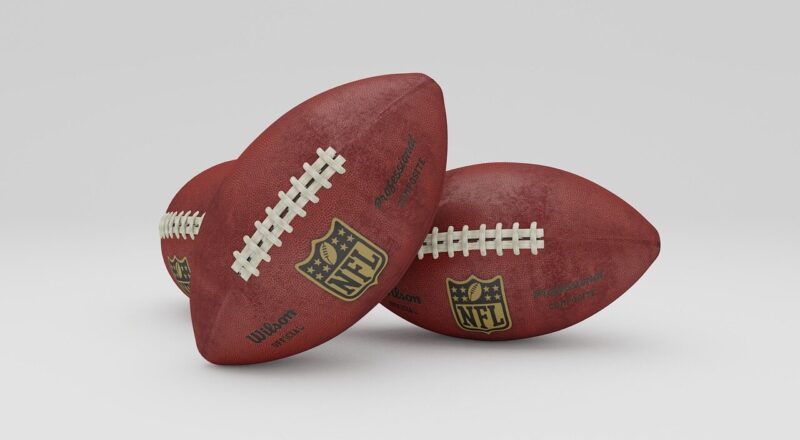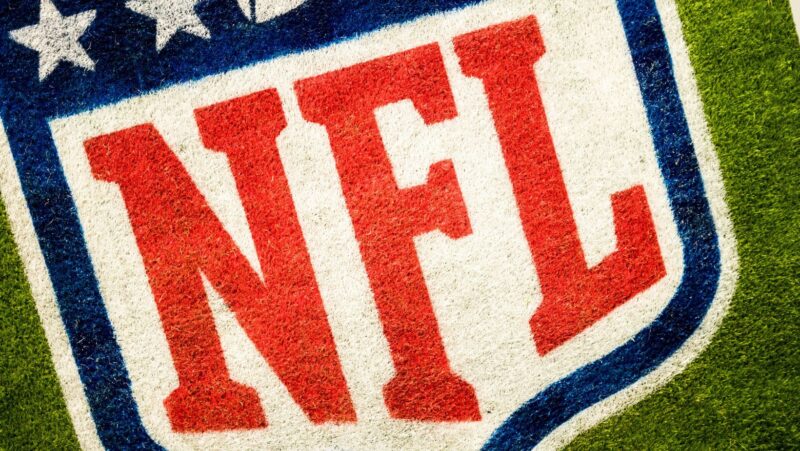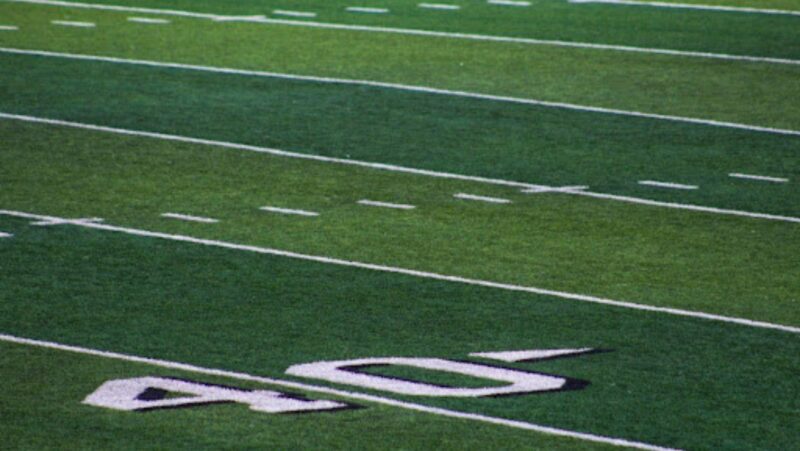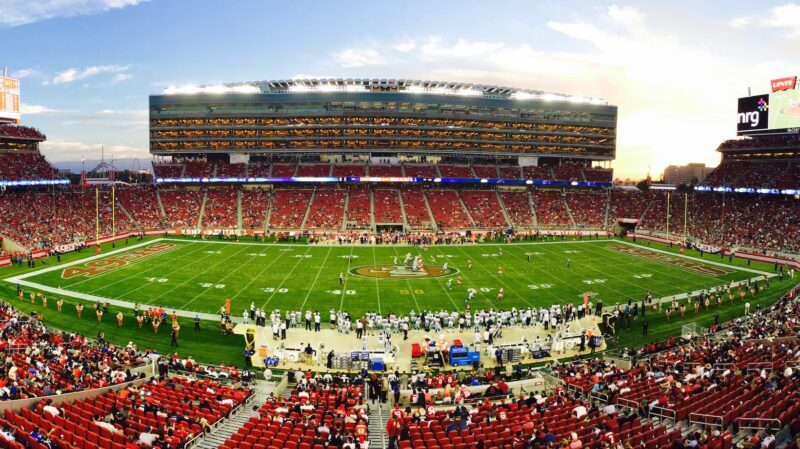
The rules of football have changed significantly throughout the history of the sport. Many changes have been sparked by controversial situations, trends in scoring, penalties, and injuries. One such example of a rule change is the first playoff game, which was played indoors due to deep snow and freezing temperatures. This game, in 1932, led to a rule change that would impact the game in many ways.
Changes in Overtime Rules
Changes to the overtime rules in the NFL were made in 2017. Prior to this change, if the team that won the coin toss scored a field goal on their first drive of overtime, their opponent would be given one chance to score. However, if they failed to score a touchdown, the game would end in a tie. The new rule states that each team must have a chance to possess the ball at least once during overtime, even if the team that wins the coin toss scores a touchdown on their first drive. This change was made to prevent one team from winning the game without their opponent ever having a chance to touch the ball.
The Two-point Conversion
The two-point conversion was introduced in 1994 to add excitement to the game and encourage teams to go for the win rather than settle for a tie. Prior to this change, teams could only score one point after scoring a touchdown by kicking the extra point through the uprights. Now, teams can go for two points by running or passing the ball into the end zone from the two-yard line.
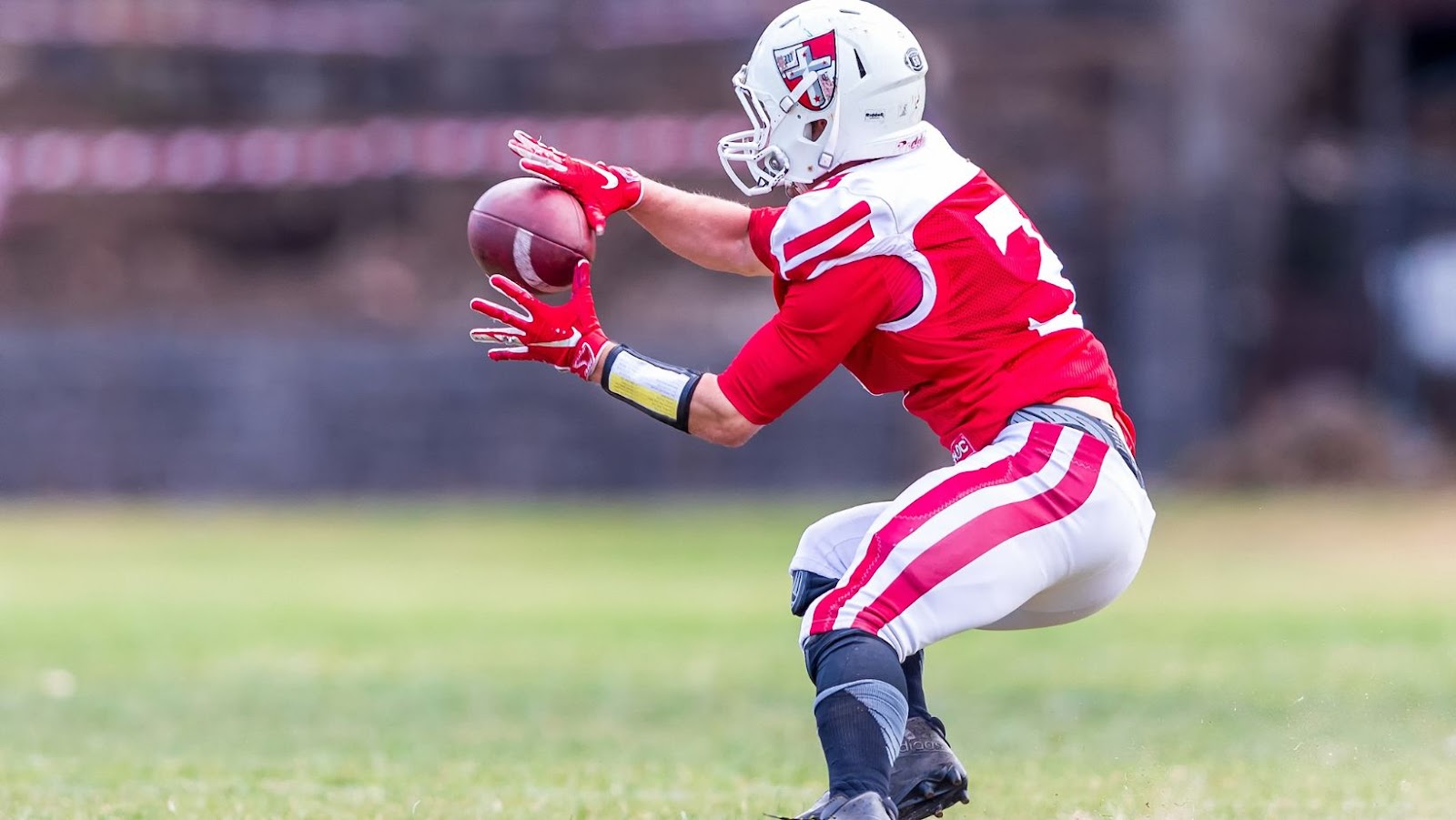
This change has significantly impacted how teams play the game and resulted in more excitement and unpredictability.
Impact on Offensive Strategy
Changes in offensive strategy are one of the most significant impacts that rule changes have had on football. The introduction of the two-point conversion, for example, has changed the way teams think about scoring. Now, teams are more likely to go for the win rather than settle for a tie. This has led to more excitement and unpredictability in the game.
NFL defensive rankings can be used to give an idea of how the new rules will impact offensive strategy. The biggest change for offenses will be the elimination of low blocks. This will prevent offensive linemen from getting a running start and cutting down defenders who are chasing the ball carrier. The change will also force offensive coordinators to be more creative in their playcalling, as they will have to find new ways to open up running lanes for their backs.
Impact on Personal Fouls
One of the most significant changes to the NFL game in recent years has been the increased focus on personal fouls. This change was brought about in an effort to protect players from dangerous and unnecessary hits. Personal fouls can now be called for hits that are deemed to be too high, too low, or too late. This has led to a significant decrease in the number of big hits that are seen in the game.
This change has had a major impact on the way the game is played. It has made it more difficult for defenses to make stops, as they cannot rely on delivering big hits to slow down or stop the offense. This has resulted in more scoring and has made the game more exciting to watch.
Impact on Player Safety
The increased focus on personal fouls has also had a major impact on player safety. This change has made it more difficult for defenders to make big hits, as they can be called for personal fouls if they hit an opponent too high, too low, or too late. This has led to a decrease in the number of injuries that are seen in the game.
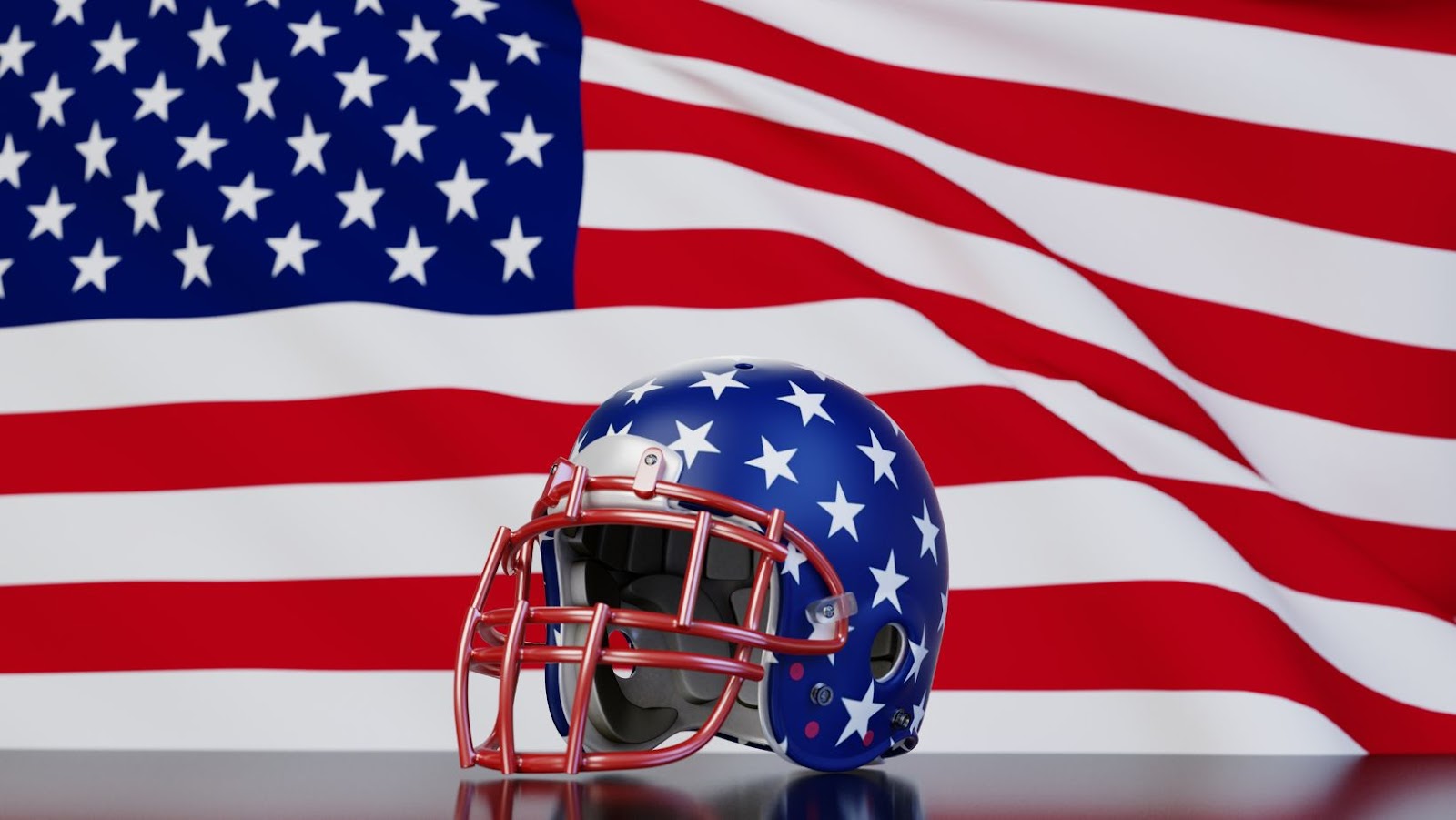
This change has been welcomed by many, as it has made the game safer for players. It has also made the game more exciting to watch, as there are now more scoring opportunities and less downtime due to injuries.
Conclusion
The NFL is constantly evolving its rules in order to create a more exciting and fair game for fans. Some of the recent rule changes, such as personal foul penalties and overtime, have had a significant impact on how the game is played. Others, such as the coin toss, are more subtle but still important in creating a level playing field for all teams. It will be interesting to see how future rule changes continue to shape the NFL into an even better spectator sport.









